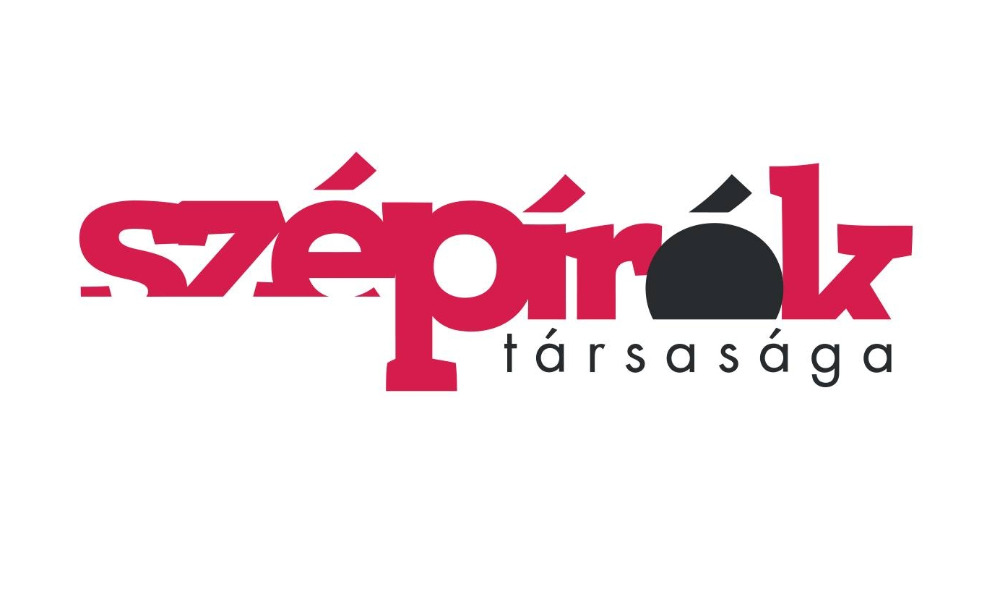24.01.2023

The National Cultural Fund in Hungary has cut the annual subsidy of the largest independent Hungarian writers‘ organisation by a third, making it impossible for the Society of Hungarian Writers to operate.
The Society was established in 1997 to promote contemporary literature and democratic cultural policies. Its almost 400 members include some of the internationally most acclaimed Hungarian writers as well as cultural journalists and cultural managers from across Hungary, and also writers and critics of the Hungarian minorities and diasporas, along with international translators and scholars of Hungarian literature.
Almost all of the Hungarian NGOs apply to the National Cultural Fund on a yearly basis, and then get more or less the same amount of donation every year. This time, the Fund radically reduced the funding by 66% and blocked the bank transfer for at least 4-5 months reasoning it with the current economical crisis. It means the possibility of a bankruptcy and it threatens the operation of the association in the very near future.
Inflation and the international increase of oil and gas prices effect all the European countries, but there is a strong belief that the Hungarian government uses this situation to eliminate local independent civil societies, or at the least makes it almost impossible for them to survive. Which means it is not only an economical but mostly a political question in Hungary.
The organisation is therefore trying to find a solution through a variety of means:
- contacting international literary and cultural advocacy organisations,
- approaching private sponsors to build a stable and growing sponsorship
- negotiating the expansion and continuation of ongoing national and international projects.
In addition to this, a fundraising campaign through community funding is necessary to ensure a stable operation. Subscribe for the future of independent contemporary Hungarian literature and support the crowdfunding campaign via ko-fi.com/szepiroktarsasaga

Writer Czinki Ferenc, president of Szépírók Társasága, one of the founding members of the European Alliance of Academies describes in his article for Kulturaustausch Magazine the difficulties of independent teaching and art in Hungary (in German language).